Building a new Resolution on digital transformation
On the afternoon of September 12, in Hanoi, Head of the Central Economic Commission Tran Luu Quang and Minister of Information and Communications Nguyen Manh Hung co-chaired the Conference "Gathering opinions on 3 Projects submitted to the Politburo".
Speaking at the opening of the Conference, Minister Nguyen Manh Hung said that the Central Economic Committee was assigned to preside over the development of the Project to review 5 years of implementing Resolution No. 52-NQ/TW dated September 27, 2019 of the Politburo (12th tenure) on a number of guidelines and policies to proactively participate in the fourth industrial revolution.
The Ministry of Information and Communications is in charge of developing two projects to submit to the Politburo, including: Project to summarize 10 years of implementing Resolution No. 36-NQ/TW dated July 1, 2014 of the 11th Politburo on promoting the application and development of information technology to meet the requirements of sustainable development and international integration; and Project of the new Resolution of the Politburo on national digital transformation, development of digital economy - digital society (expected to be named "Resolution of the Politburo on promoting digital transformation, science and technology and innovation, bringing Vietnam into a new era").
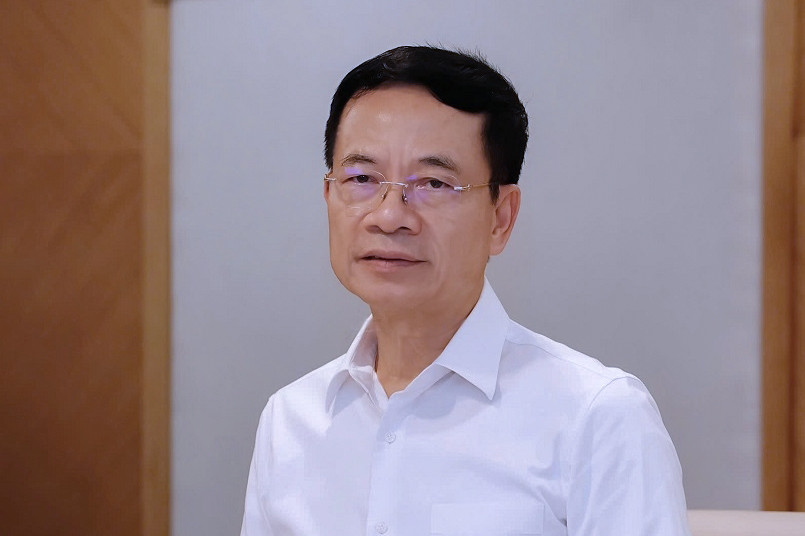
The head of the Ministry of Information and Communications asked experts, scientists, representatives of associations and information technology - communications enterprises to contribute their opinions on the above 3 Projects, emphasizing the role and importance of the 4.0 industrial revolution and digital transformation for the country's development; directions, mechanisms and policies for digital technology development in the next 20 years.
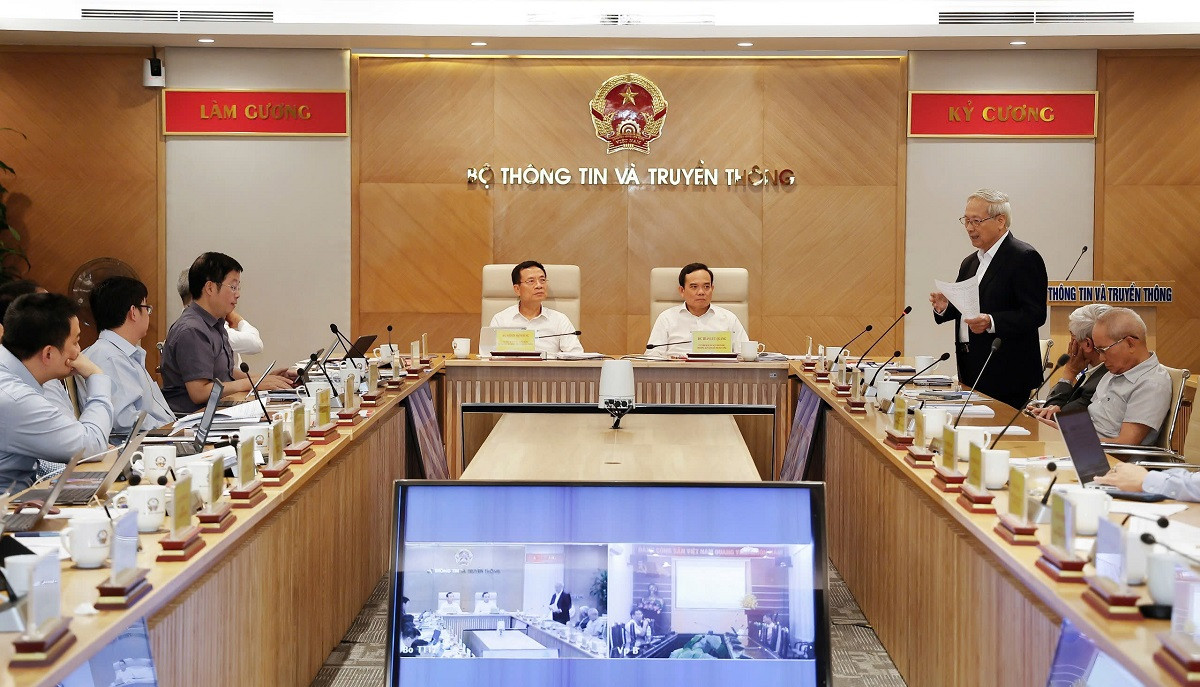
Discussing the name of the new Resolution, Mr. Nguyen Nhat Quang, Director of the Institute of Science and Technology - Vietnam Association of Software and Information Technology Services (VINASA) suggested naming it "Resolution on the digital transformation revolution".
“On September 2, the General Secretary and President of the country wrote a very important article about digital transformation, in which he used the phrase “digital transformation revolution” for the first time, with the spirit of moving towards a new era, an era of national development, development through digital transformation. In the past, we “liberated” agriculture with Resolution 10. In essence, Resolution 10 only had one goal: to amend the institution, so that farmers have the right to do business on their land, which has also created innovation for the country. We expect that the Resolution on digital transformation will also be a Central Resolution like Resolution 10,” Mr. Quang shared.
VINASA representative suggested that in the objectives section of the new Resolution, it is necessary to add the idea of “Building and creating institutions for new production methods/new development methods”; in the solution section to perfect legal institutions, it should be stated “expanding institutions to regulate relationships in the digital environment”.
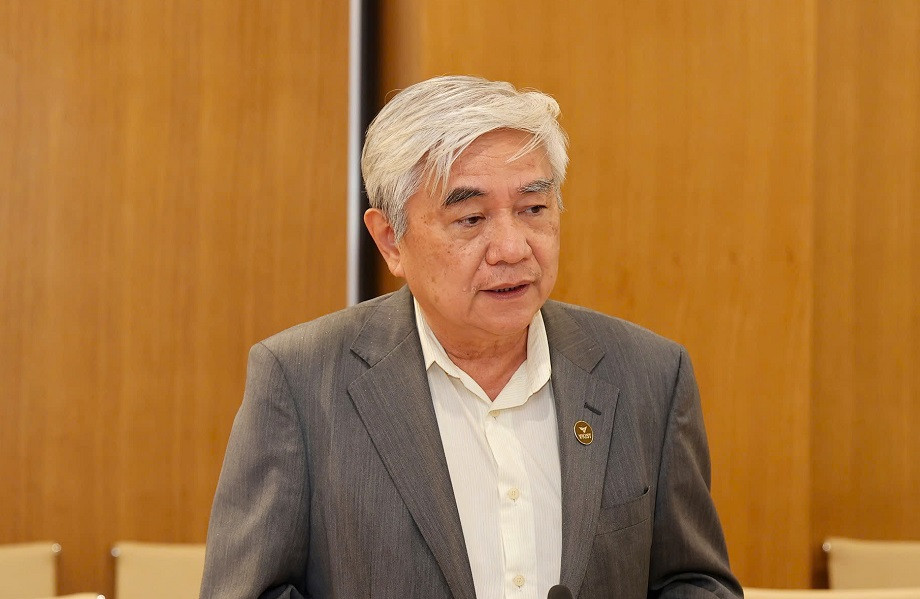
Sharing the same opinion with the VINASA representative, former Minister of Science and Technology Nguyen Quan emphasized: "It is recommended to issue a Resolution of the Central Executive Committee similar to the previous Resolution 10.
At that time, the new Resolution on digital transformation will have a higher position. It is possible to integrate all the directions of the Central Committee and the Politburo into the new Resolution, and this document will become a part of the Documents of the 14th National Party Congress. In the new Resolution, an agency should be assigned to prepare the Project on digital nation.
Need real institutional revolution
Experts, association representatives, and businesses agree on the need to develop a new Resolution on digital transformation that is revolutionary and groundbreaking, such as Resolution 10 in agriculture, to create future development.
Revolution manifests itself in many ways.
“We talk about building advanced, modern digital infrastructure in the digital transformation and digital technology revolution, but investment is only talked about in general terms. For a long time, we have been assigning money for businesses to do it and fend for themselves. Why doesn’t the State spend the budget to build digital infrastructure? Since it is a revolution, we have to change our thinking. If digital infrastructure is considered essential national infrastructure, the State must definitely take responsibility, and the budget must spend a certain amount of money to invest,” Mr. Mai Liem Truc, former Deputy Minister of Posts and Telecommunications, frankly acknowledged.

Director of VINASA Institute of Science and Technology Nguyen Nhat Quang noted that in addition to the situation of data fragmentation among ministries and branches, there is now a situation of data centralization. Ministries create systems and require localities to input them, but localities cannot use the data they input for local management, and only occasionally can the ministry export an Excel file.
“The resolution needs to pay attention to eliminating data separatism and data centralization. To eliminate it, there must be a systematic planning of databases, the development of regulations, standards, and technical and economic norms related to data, issued uniformly at the national level. Now, even if localities want to “run” ahead, they cannot. Investing in building a system, 1-2 years later, the ministry builds a system from top to bottom, and it is eliminated again. Unifying the national data infrastructure is a very important issue,” said Mr. Quang.
Promoting the view that “data is not only a resource but also an asset”, former Minister of Science and Technology Nguyen Quan expressed concern about the current situation of no law on data (specific regulations on the rights of organizations/individuals building databases, national standards and regulations on databases, etc.), leading to difficulties in the process of exploiting and using databases for economic activities.
“Without data laws, it is difficult to avoid the phenomenon of data separatism and centralization; limiting the ability to integrate into the common national database and move towards participating in international databases,” Mr. Quan noted.
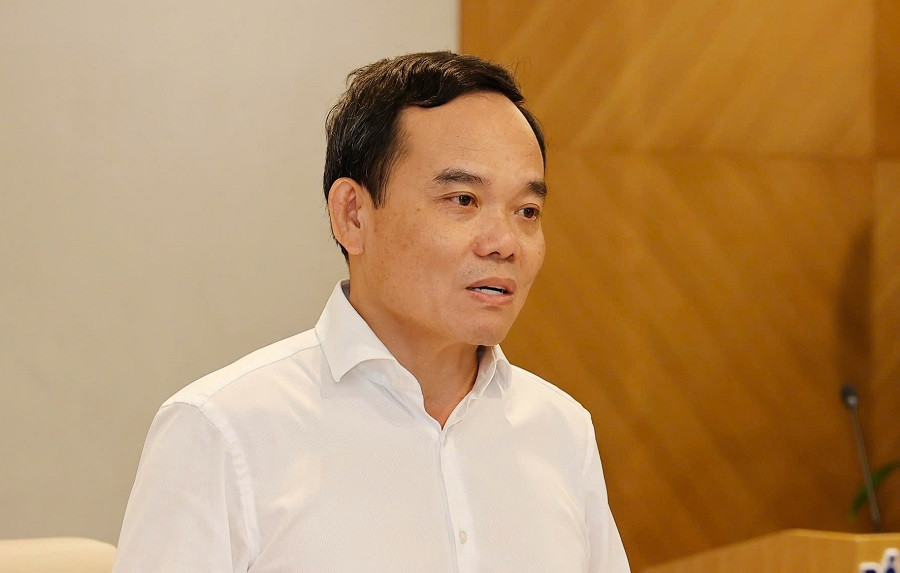
Acknowledging the comments at the conference, Head of the Central Economic Commission Tran Luu Quang hopes that the new Resolution on digital transformation will be systematically developed and put into practice.
Mr. Quang said that the immediate solution will be the Resolution of the Politburo because the administrative procedures to upgrade from the Resolution of the Politburo to the Resolution of the Central Committee are not simple. However, the Resolution of the Politburo will assign tasks for digital transformation and innovation with a proportion of content worthy of the Resolution of the 14th Party Congress.
“The Resolution of the 13th Party Congress stated: “By 2025, there must be 3,000km of highways; and by 2030, there must be 5,000km of highways. The Resolution of the Party Congress has the highest legal value. Failure to do so is considered failure to complete the task. In the coming time, the new Resolution will also set out specific targets related to digital transformation and innovation,” the Head of the Central Economic Commission added.
Source: https://vietnamnet.vn/nghi-quyet-moi-ve-chuyen-doi-so-can-dot-pha-nhu-nghi-quyet-10-trong-nong-nghiep-2321566.html









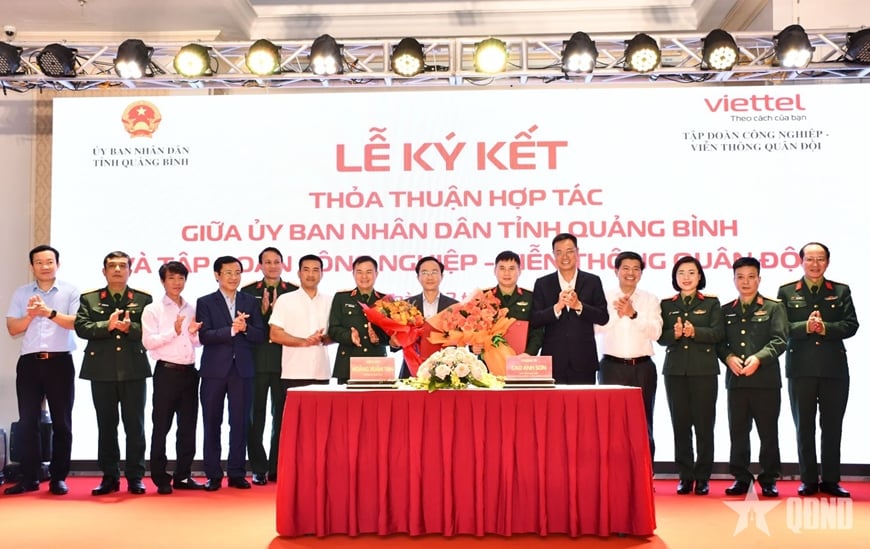




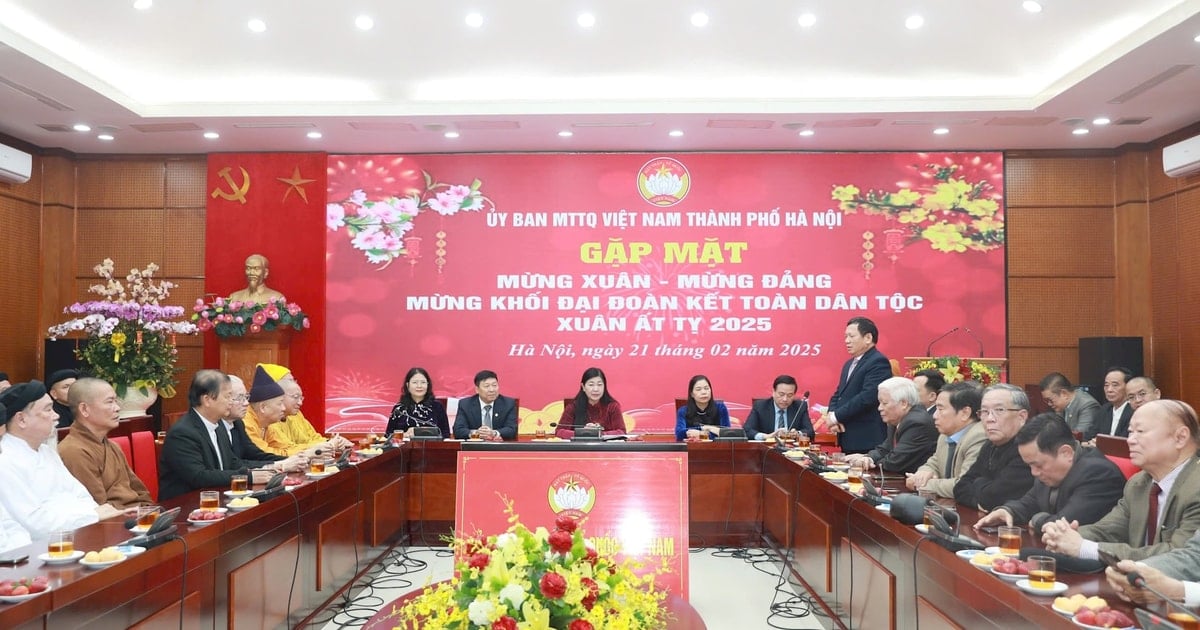












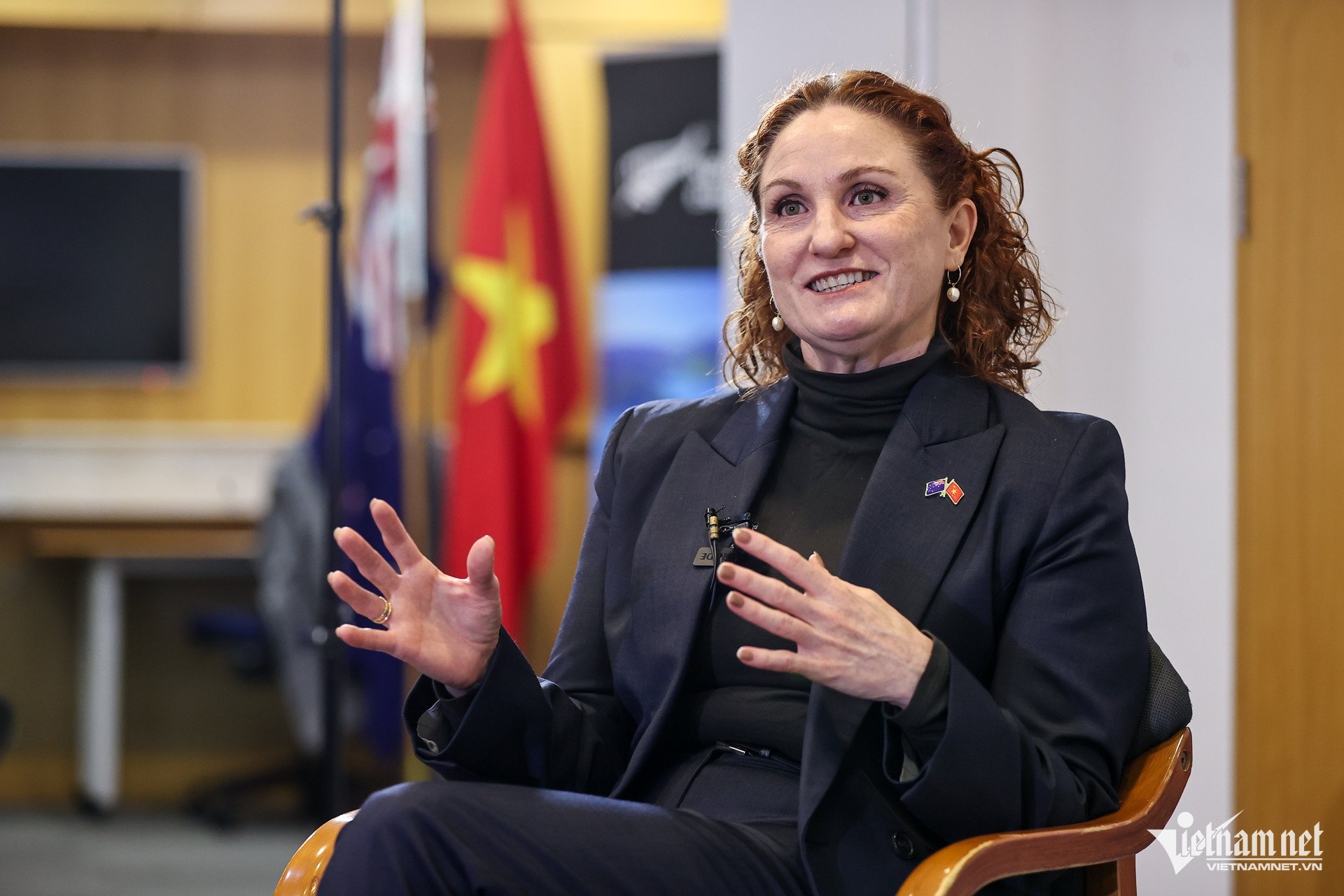










![[Photo] Prime Minister Pham Minh Chinh chairs Government Conference with localities on economic growth](https://vstatic.vietnam.vn/vietnam/resource/IMAGE/2025/2/21/f34583484f2643a2a2b72168a0d64baa)




























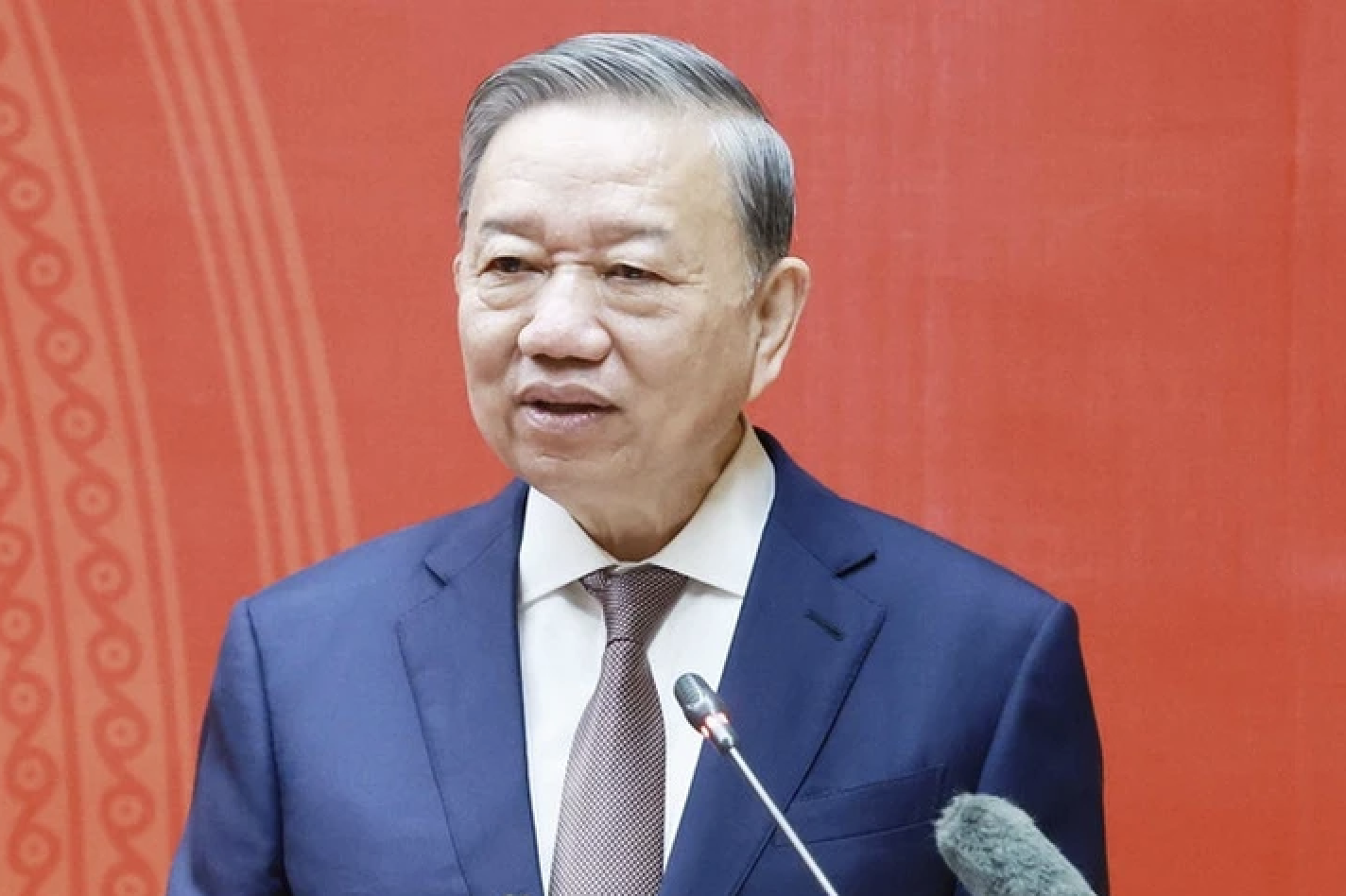
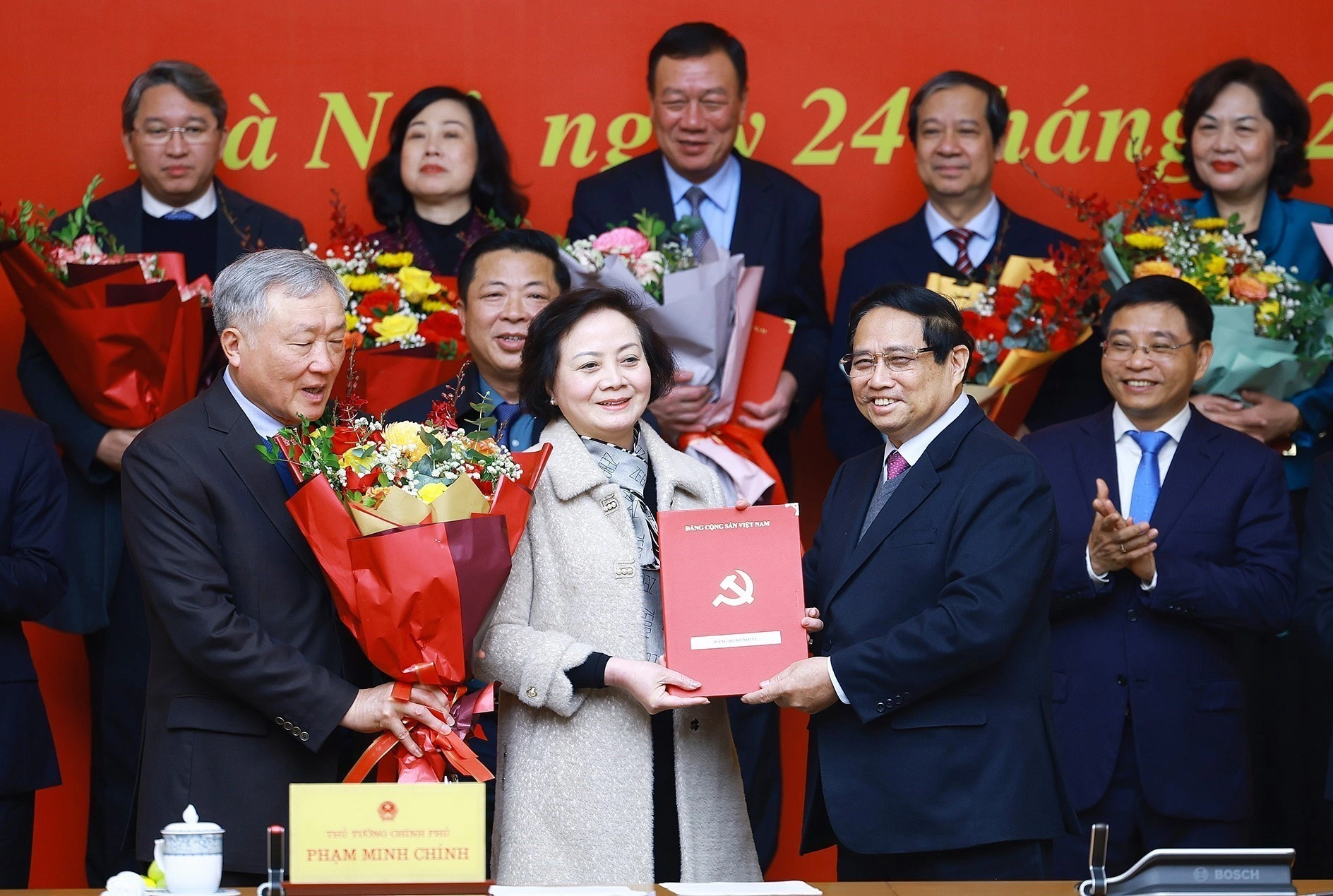
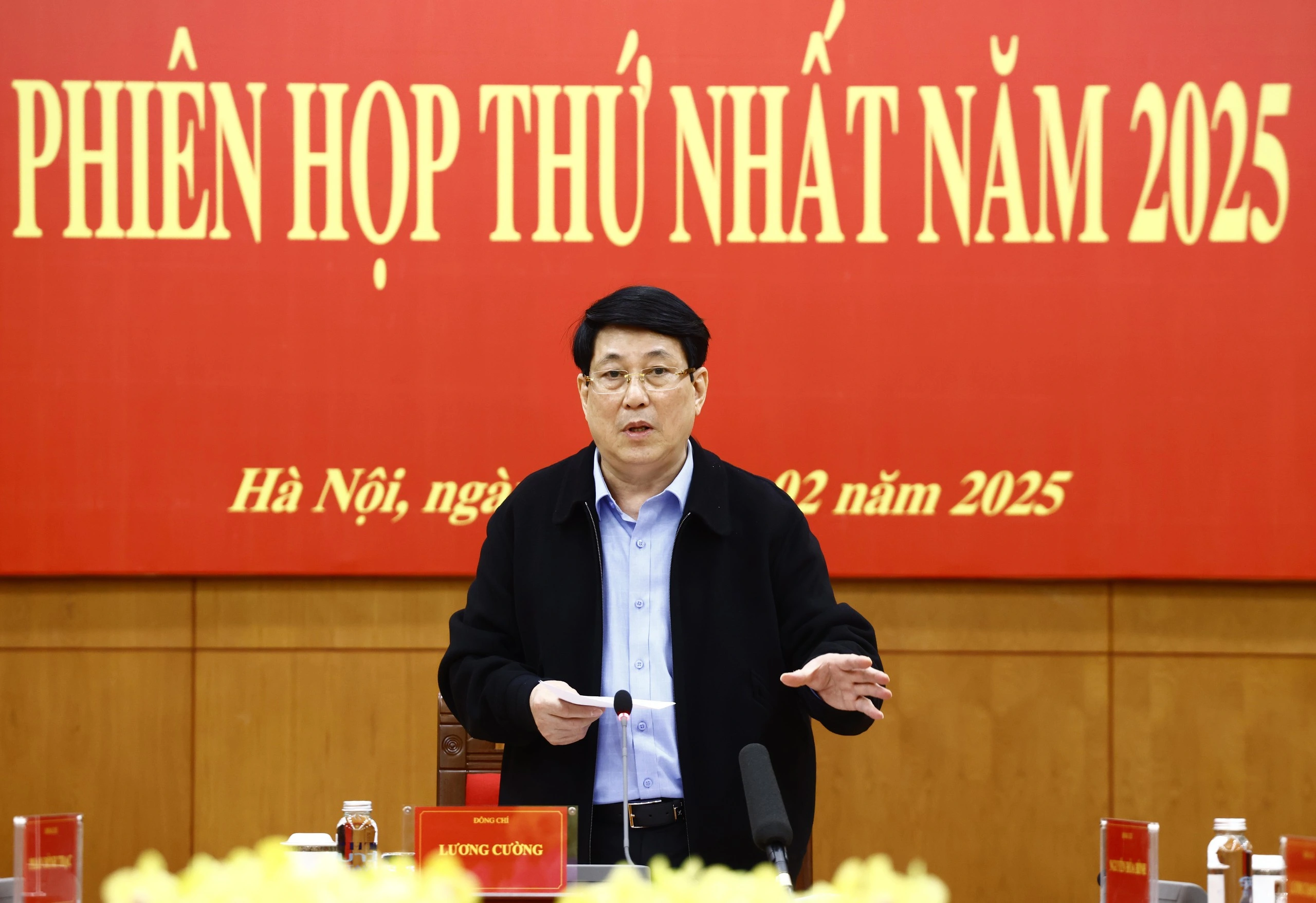





















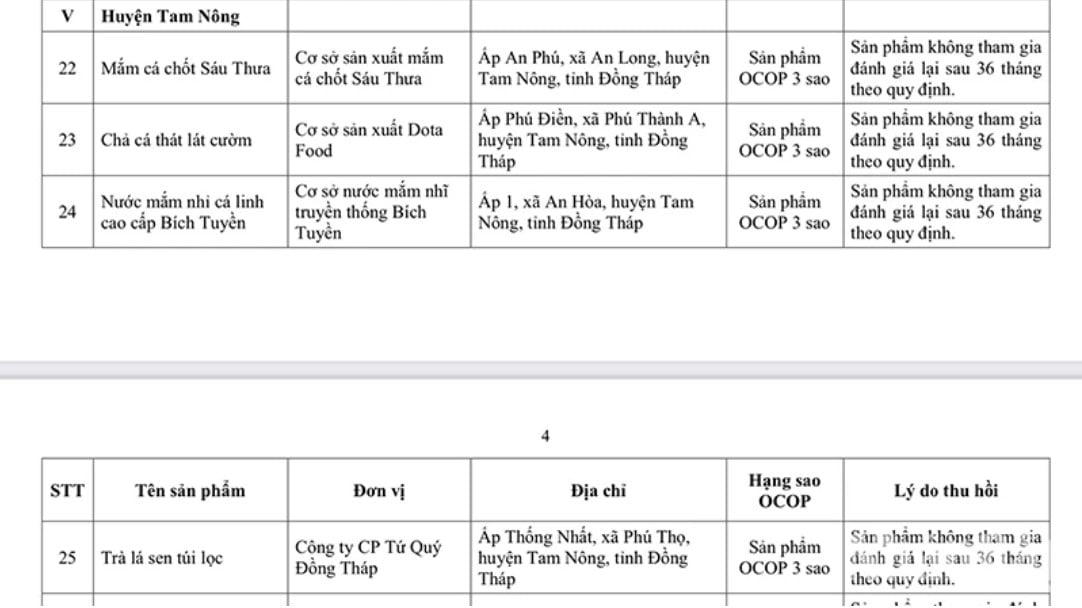


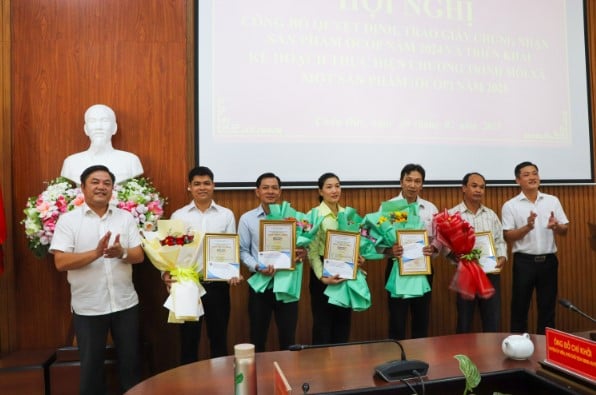

Comment (0)